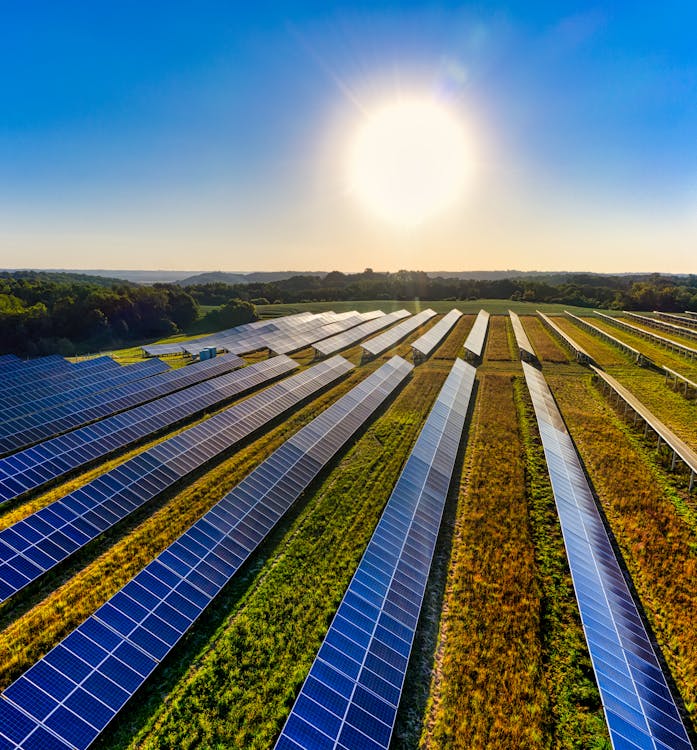Author: Muhammad Younis
The global population is projected to reach 9 billion by 2050, necessitating a staggering 50% increase in food production to meet demand, according to estimates by the UN Food and Agriculture Organization (FAO). Achieving this within the constraints of existing agricultural land is already a significant challenge. Compounding the issue is the escalating climate crisis, which poses a severe threat to agriculture worldwide.
As global temperatures rise, we are witnessing a rapid depletion of groundwater levels, shifting rainfall patterns, and the shrinking of snowpacks that traditionally provide consistent irrigation. In addition, floods and storms are becoming more frequent, submerging large expanses of farmland. Research suggests that the regions currently most suited for crop production—those with stable climates—are shrinking and could face even greater challenges in the future. Though rising temperatures may boost agricultural yields in some previously less productive areas, this increase is unlikely to make up for the widespread losses elsewhere.
Scientists warn that even modest rises in global temperatures could jeopardize one-third of the world’s food supply by the century’s end, as many crops may fail to adapt to the changing climate. Alarmingly, research reveals that human-induced global warming has already contributed to a 21% decline in agricultural productivity since 1961.
Urgent action is required to address the decline in farm production, but it is crucial that we implement remedial measures that do not exacerbate environmental degradation. The current practices used have resulted in deforestation of grazing land, loss of valuable topsoil, pollution from pesticides and the release of vast amounts of greenhouse gasses that contribute to global heating. A transition to sustainable agriculture is imperative that promotes both increased production and reduced environmental impact.
To achieve this transition, a holistic approach is necessary, combining:
- Adoption of Sustainable Practices in Agri-value Chains: Sustainable agri-value chains focus on reducing environmental impact, ensuring economic viability, and promoting equity. Key practices include regenerative farming, efficient resource use like drip irrigation and renewable energy, and climate resilience through agroforestry and drought-resistant crops. Circular economy principles minimise waste, while fair trade, organic certifications, and traceability promote sustainable sourcing. Digital tools like blockchain enhance transparency, and eco-friendly logistics reduce emissions. Public-private partnerships and community initiatives support these efforts, with monitoring and consumer education ensuring long-term impact. Together, these practices build resilient, eco-friendly, and equitable systems.
- Policy Frameworks for Agricultural Innovation: Developing effective policy frameworks for agricultural innovation involves aligning regulations with cutting-edge technologies, sustainable practices, and market dynamics. Such frameworks should encourage collaboration between stakeholders, provide incentives for research and adoption of eco-friendly solutions, and streamline regulatory processes to reduce barriers. By fostering innovation while ensuring sustainability and equity, policies can address both present challenges and future demands in agriculture.
- Intersection of EcoFunds and Global Financial Transformation: This offers a promising avenue for scaling sustainable agricultural practices. As global finance increasingly aligns with sustainability imperatives, EcoFunds provide a platform for channeling resources into projects that harmonise environmental stewardship with economic growth. By fostering synergies between agriculture and global financial ecosystems, the transition to a sustainable future becomes not only achievable but inevitable.
To promote sustainable agriculture, Valiant Business Media proudly returns with the third edition of the London Climate Technology Show. This year’s event will facilitate critical discussions on innovative practices, forward-thinking policies, and strategic financial mechanisms that drive sustainable agricultural solutions. Key deliberations will focus on policies and initiatives within the UK and globally, highlighting advancements in agricultural technologies and their role in fostering sustainability in the sector.
Author:
Muhammad Younis currently serves as the PR & Communications Executive at Valiant Business Media, orchestrating impactful communication strategies for the organisation’s flagship events, including London Climate Technology Show. With a background in journalism and a doctorate in media studies, he brings a wealth of experience and expertise to his role. He can be reached at https://www.linkedin.com/in/muhammad-younis-a29363b6/.





